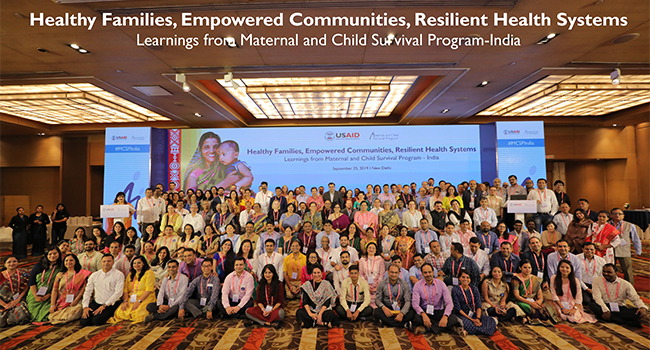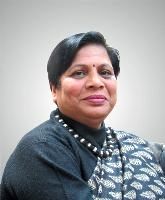
With a slight nip in the air, and Diwali round the corner, it’s that time of the year, when friends and family gather to celebrate the festive season!
For us in public health, we know that each day is a joyous celebration when a child is born by choice, not chance; when children and adolescents make a healthy transition to adulthood; and, when health care reaches the remotest and most vulnerable homes.
This year, on September 25th, we brought together more than 200 colleagues – key policy makers and government officials, champions from the field, health care providers, bilateral and multilateral partners, donors, international and national NGOs, and thousands more who joined us online (#MCSPIndia) – to celebrate the legacy of USAID’s flagship Maternal and Child Survival Program (MCSP) in India, as we shared program learnings at its national dissemination meeting in New Delhi.
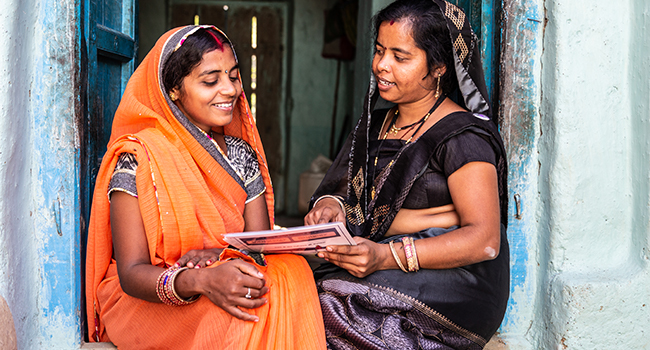
In March 2015, MCSP, led by Jhpiego, started working closely with the national government and five state governments of India in the area of family planning, with two core objectives, expanding the public sector family planning basket with more modern methods such as Progestin-only Pills and Centchroman; and strengthening quality of family planning service provision. MCSP worked with nearly 5000 providers to update their knowledge and skills, standardize their practices and provided them with tools to render quality family planning services with informed choice, voluntarism, respect and dignity. MCSP implemented service delivery standards to strengthen various facility level components, such as availability of logistics, basic amenities, infection prevention, counselling, client follow-up and mechanisms for their feedback using Interactive Voice Response System (IVRS). This feedback was then studied by facility level quality assurance committees to address gaps. Today, fixed day service (FDS) strategy is the norm at these facilities where clients are given prior appointments, allowing optimized client load and a health system well-prepared to provide quality services.
Interactive Voice Response System
Digital health interventions are a great tool for ensuring quality family planning services. Learn how the Maternal and Child Survival Program in India has used mobile-based technology to better serve women and their families.
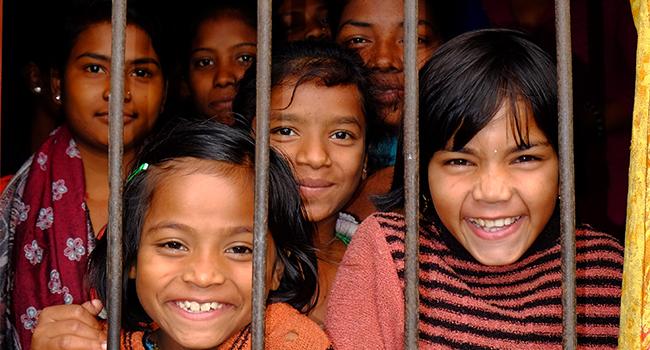
In July 2017, MCSP was asked to collaborate with the adolescent health division of the Ministry of Health and Family Welfare, and hosted the National Technical Support Unit -Adolescent Health (NTSU-AH), to strengthen the flagship national adolescent health program, Rashtriya Kishor Swasthya Karyakram (RKSK) and facilitate the roll out of newer initiatives of the division. Our team collaborated with Health and Education ministries in the roll out of School Health Program in the country, which has the potential to reach more than 260 million children through 1.5 million schools in the country. The unit worked with National Council of Educational Research and Training for the development of teachers training curriculum and resource material for the program. NTSU also developed comprehensive AH dashboards and piloted mobile application to gather real time data for strengthening facility-based reporting from the Adolescent Friendly Health Clinics. MCSP has contributed to a paradigm shift where adolescent girls and boys, both in-school and out-of-school, are valued, supported and empowered to prioritize their health and education.
National Technical Support Unit Adolescent Health
NTSU-AH closely collaborated with Health and Education ministries to roll out School Health Program in the country, which will reach 260 million children in 1.5 million schools
Find out more about the School Health Program
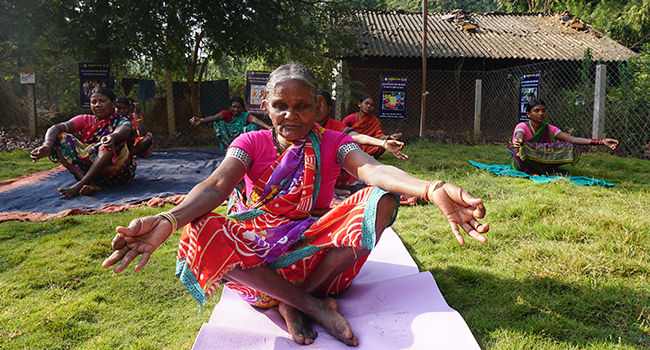
In October 2018, MCSP was asked to provide technical assistance for the world’s largest government-funded primary health care program – Ayushman Bharat with the aim to achieve universal health coverage. The key program interventions included establishment of health and wellness centers (HWCs), creation of a sustainable training ecosystem for community health officers, the new cadre of health care providers in India who are to provide primary health care in India. Our work spanned across 12 states, with an aim of upgrading close to 4000 HWCs, impacting the lives of over 65 million people. Our technical support encompassed almost every element of establishing well-functioning HWCs, from enhancing state capacities to address gaps in establishing robust primary health care systems, to providing prototypes for infrastructural upgradation and internal branding, building skills of health workers to run these HWCs, supporting roll out of actual service delivery, to development of monitoring and mentoring mechanisms.
The most important thing that #MCSPIndia will be remembered for is its flexibility, adaptability, risk-taking appetite and doing things in a new way that no other program until now has ever thought of …
– Dr. Anuradha Jain, USAID India
MCSP India could not have achieved what it did without strong partnerships with the national and state governments, policy makers, health care providers, community health workers, and all our partners. Friends, with your support and partnership, we are determined to build on this robust legacy of MCSP, further its gains and continue tirelessly towards ensuring healthy families, empowered communities and resilient health systems in India!
In conclusion, I would like to leave you with a film that encapsulates MCSP’s journey in India.
Wishing you good health, happiness and a wonderful time with your family this festival season!
Warm regards,
Bulbul
